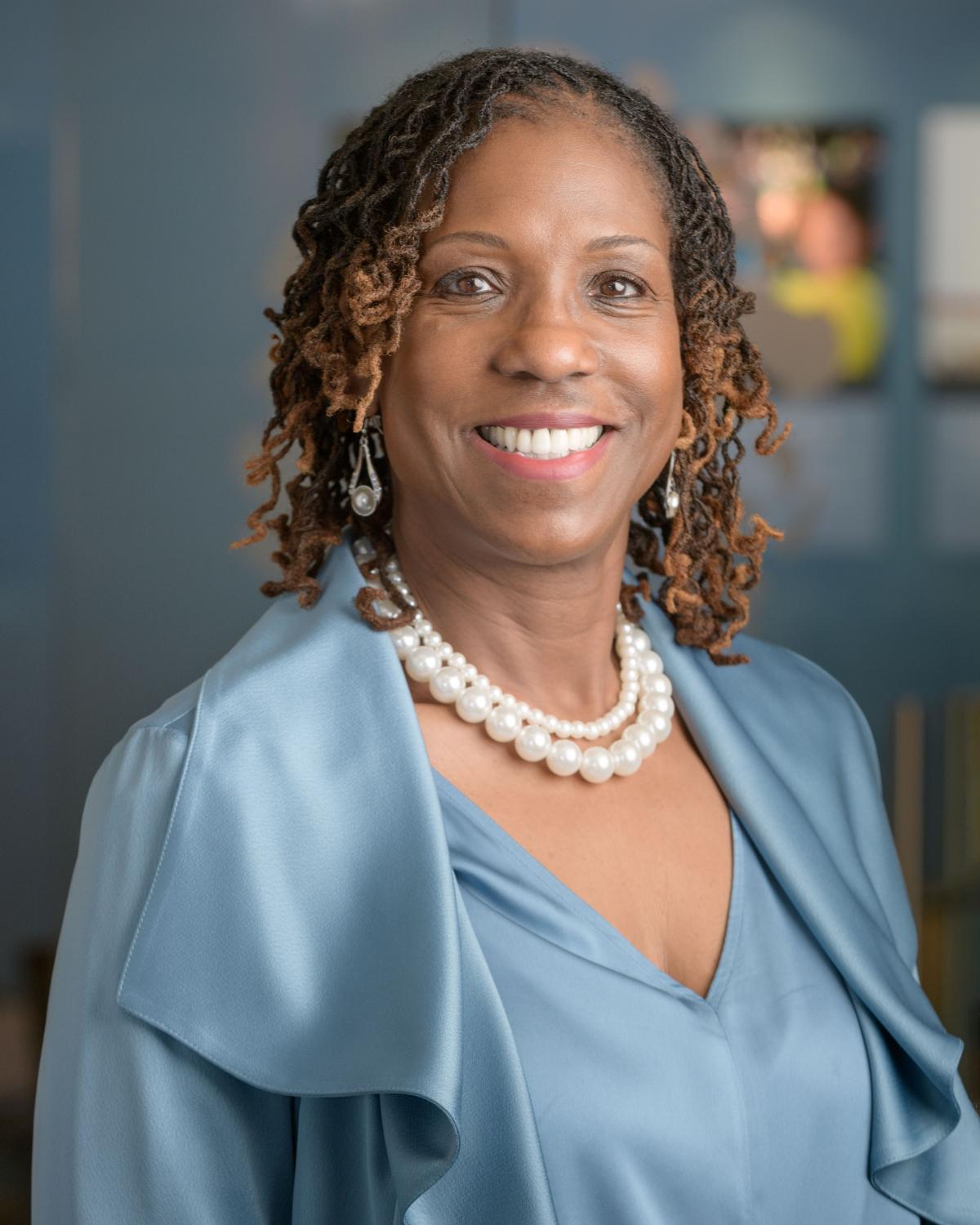This month, Kent State will graduate its first-ever group of nine doctoral students studying Interprofessional Leadership, a fully online, first-of-its-kind program offered through the College of Education, Health and Human Services.
In 2019, a development team of faculty from interested EHHS programs spent two years discussing and designing the program before securing the necessary approvals from the Ohio Department of Education. Subsequently, the first cohort of students was admitted in the summer of 2020.
"What led to the development of the Ed.D. degree in Interprofessional Leadership was the understanding by EHHS faculty and administrators that - given the complexity of 21st-century education and society - educators and leaders in all fields must be prepared to address problems across organizational boundaries," said Stephen Mitchell, associate dean for Administrative Affairs and Graduate Education in EHHS. "The program's focus on leadership derives from a collaborative perspective on the diversity of expertise to achieve common goals."
The program is unique in that students receive a professional doctorate, an Ed.D., rather than a Ph.D. What's the difference? A Ph.D. degree, or doctorate of philosophy, prepares scholars or researchers to specialize in a particular field or discipline, for instance those who pursue academia may become a professor. An Ed.D. is an education doctorate, a doctorate of professional practice that differs from a Ph.D. degree in a few ways. It has a heavy focus in equity and social justice issues, and is geared toward practitioners in education and related fields who want to develop as leaders in their fields. Instead of a Ph.D. in academics (researcher or scholar), an Ed.D. works to become a scholarly practitioner. Other areas of distinction include:
- Coursework and fieldwork are developed with the student’s practical profession in mind. Emphasis is on the application of theory to practice.
- An important emphasis in applying theory to practice is organizational change with a focus on equity and social justice.
- The program is focused on meeting the needs of professional practice, as are other professional doctoral degrees (e.g., Doctor of Audiology, Doctor of Nursing Practice).
- The program’s culminating requirement is not fashioned as the traditional dissertation, but rather as a “dissertation in practice.” Students’ research is aligned with the needs of their organizations, is useful to their organizations and is intended to effect positive change in their organizations.
Areas of concentration within the Ed.D. program include athletic training, cultural foundations, curriculum and instruction, educational technology, leadership in educational contexts, and special education.
The degree aims to develop students as scholarly practitioners in a variety of positions such as teachers, administrators, managers, professional development experts, training and development directors and leaders of agencies and organizations in which organizational learning is a critical component.

"The program provided me with a deep level of understanding that prepared me to lead more effectively and promote change within my organization," said Carla Chapman, chief diversity officer for Akron Public Schools. Chapman is responsible for DEI training, managing and supporting equity goals, and identifying resources and opportunities to develop equitable leadership practices across the district.
Chapman chose Cultural Foundations as a program concentration because it is most connected to her research interests and her work within Akron Public Schools. Her advice to future and prospective students of Kent State's Ed.D. program:
- Approach all coursework with the goal of making connections to everyday practice.
- Take time to learn and understand the principles that guide the program.
- Seek understanding over perfection. The journey is a process that is not always a straightforward path.
- Lean into the network of classmates from your cohort. They know what you are going through.
Organizers decided the Ed.D. degree should be 100 percent online so that geographic location is not a barrier to enrollment, and accessibility to working professionals is maximized. Tricia Niesz, Ph.D., became the first program coordinator, bringing it to life by moving it from the page to the classroom. The program is now enrolling its fourth cohort of students to begin the program in summer 2023.
To learn more about Kent State's Ed.D. program in Interprofessional Leadership, please visit the website.

